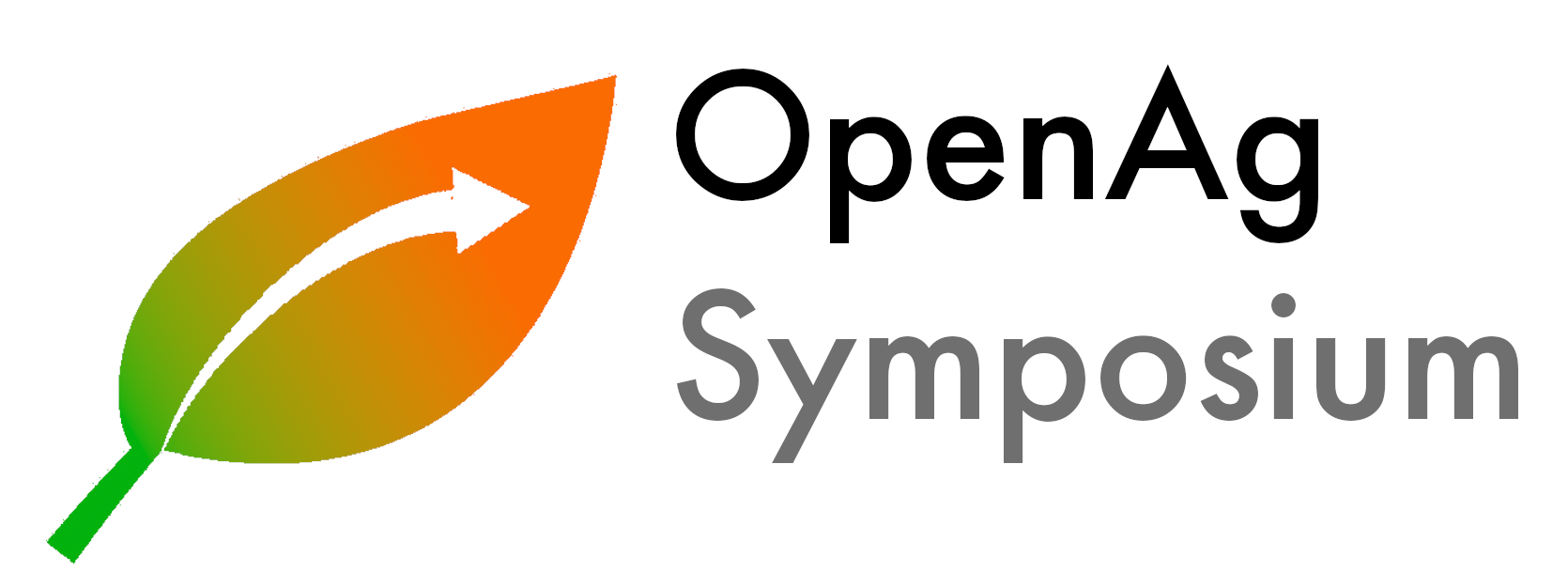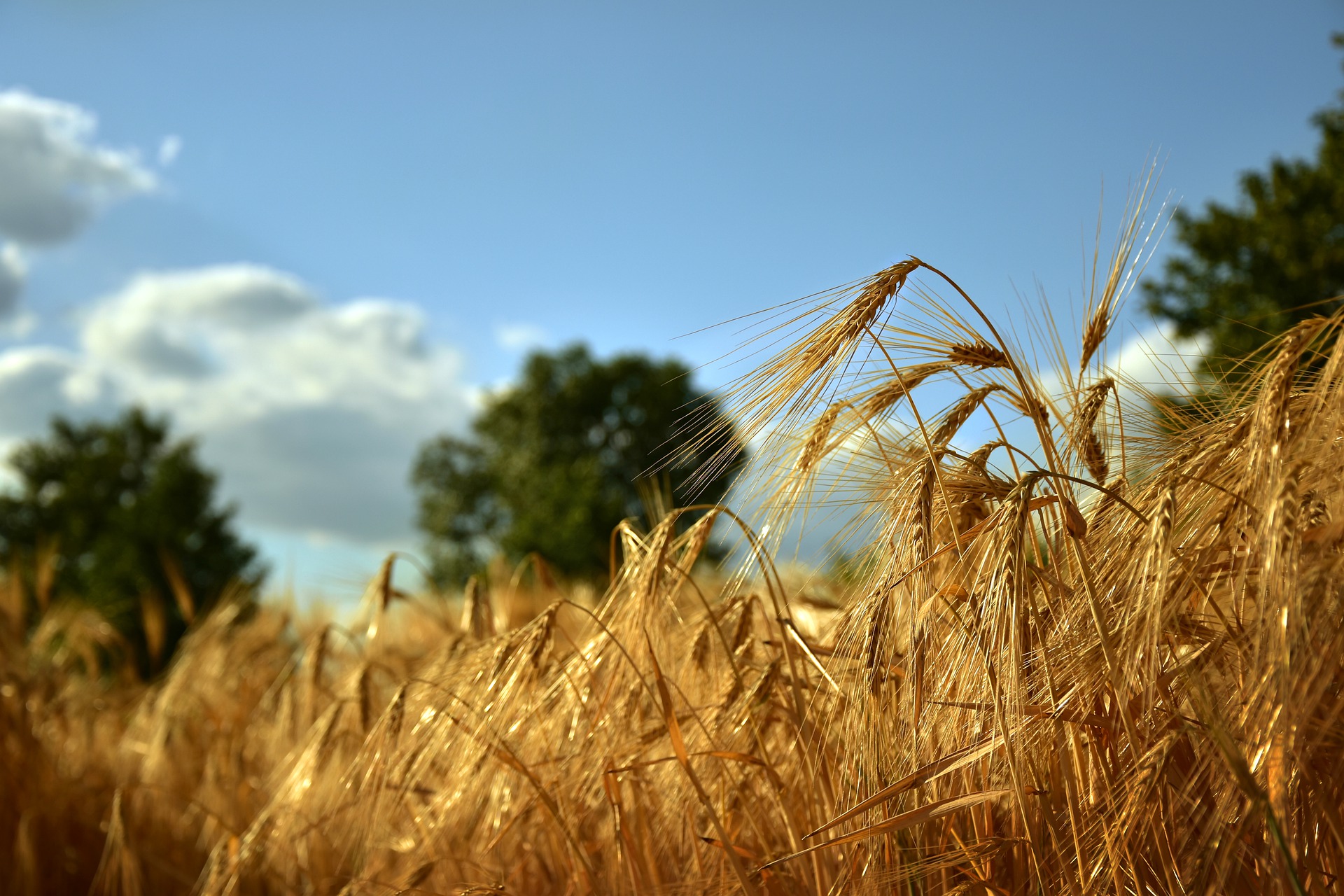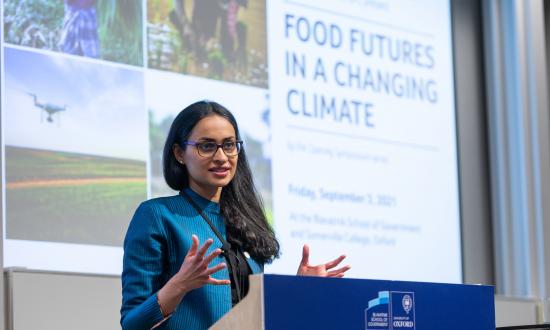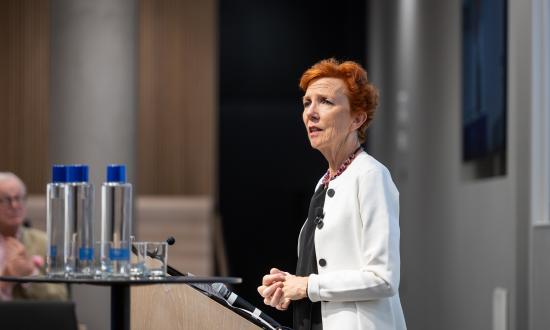Symposium
Objectives & Goals
Global food systems are tasked with the complex challenge of satisfying a growing food demand while encouraging the adoption of environmentally sustainable farming practices.
Not only do they have to do this in the face of erratic rainfall, flash floods, drought and frequent storm surges, but over 800 million people are already exposed to severe levels of hunger.
The agricultural community also has to account for the consequences of unsustainable farming practices and inputs on greenhouse gas emissions, water resources, land use, biodiversity and waste generation.
Given agriculture’s globally significant role, it is uniquely positioned to lead this evolution.
Still, while agri-businesses are increasingly embracing the urgent need to develop innovative and ethical solutions to manage this tension equitably and sustainably, a challenge of this scale requires collaboration. Working together on systematic thinking across sectors and disciplines is the only way to identify knowledge gaps, evaluate policy options and business practices, and deliver lasting, measurable change.
In this context, the OpenAg Symposium series will explore the two-way links between climate change and food systems to facilitate solution-oriented discussion between researchers (both from Oxford University and other institutions), the private sector, governments, international organisations and development agencies. The Symposium will bring the best advice from diverse actors to conceptualise and develop meaningful action towards open and sustainable practices in agriculture, within the global food system.
Potential
Outcomes
- Partnerships and collaborations between leading academicians, businesses and development agencies towards sustainable practices in farming.
- Possible funding opportunities for future research in priority areas of carbon management, land use, biodiversity and water resilience.
- Video footage of the conference as follow up to build and maintain the community of scholars and professionals, and keep them informed for future conferences.
- The policy suggestions/action plans generated from each panel could be forwarded to the UN Food Systems Summit.





